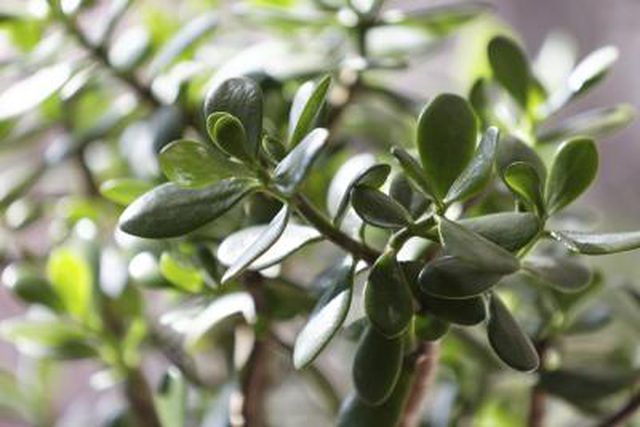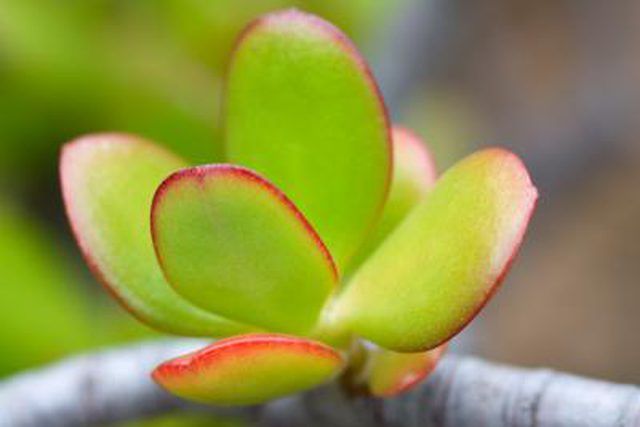Bulbs
Flower Basics
Flower Beds & Specialty Gardens
Flower Garden
Garden Furniture
Garden Gnomes
Garden Seeds
Garden Sheds
Garden Statues
Garden Tools & Supplies
Gardening Basics
Green & Organic
Groundcovers & Vines
Growing Annuals
Growing Basil
Growing Beans
Growing Berries
Growing Blueberries
Growing Cactus
Growing Corn
Growing Cotton
Growing Edibles
Growing Flowers
Growing Garlic
Growing Grapes
Growing Grass
Growing Herbs
Growing Jasmine
Growing Mint
Growing Mushrooms
Orchids
Growing Peanuts
Growing Perennials
Growing Plants
Growing Rosemary
Growing Roses
Growing Strawberries
Growing Sunflowers
Growing Thyme
Growing Tomatoes
Growing Tulips
Growing Vegetables
Herb Basics
Herb Garden
Indoor Growing
Landscaping Basics
Landscaping Patios
Landscaping Plants
Landscaping Shrubs
Landscaping Trees
Landscaping Walks & Pathways
Lawn Basics
Lawn Maintenance
Lawn Mowers
Lawn Ornaments
Lawn Planting
Lawn Tools
Outdoor Growing
Overall Landscape Planning
Pests, Weeds & Problems
Plant Basics
Rock Garden
Rose Garden
Shrubs
Soil
Specialty Gardens
Trees
Vegetable Garden
Yard Maintenance
Are Jade Plants Poisonous to Dogs?
Are Jade Plants Poisonous to Dogs?. The jade plant is a houseplant native to South Africa but common in many households in the United States. Despite its beauty, the jade plant is toxic to both dogs and cats.
The jade plant is a houseplant native to South Africa but common in many households in the United States. Despite its beauty, the jade plant is toxic to both dogs and cats.

Crassula argentea is the scientific name for the jade plant, which is known as a succulent because it stores water in its leaves, roots and stems. Jade craves bright sunlight and thrives in temperatures between 55 and 80 degrees Fahrenheit. Other names for the jade plant include the friendship tree and the money plant.

Although the jade plant seems harmless, it can be deadly if consumed by a dog. A dog who has eaten the leaves of a jade plant may exhibit depression, diarrhea, vomiting and a lack of balance, reports the website PetPlace.com. If your dog exhibits any of these signs, contact your veterinarian immediately.

If you are unable to reach your veterinarian and suspect your dog may have eaten a portion of the plant, call the ASPCA Animal Control Poison Center at 888-426-4435. Be prepared to give your dog's breed, age, sex and weight. Tell the operator your dog's symptoms and information regarding the amount of jade plant eaten and how much time has elapsed since ingestion.
